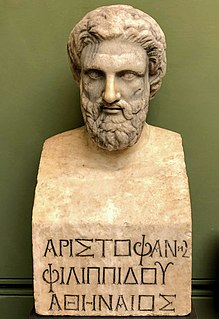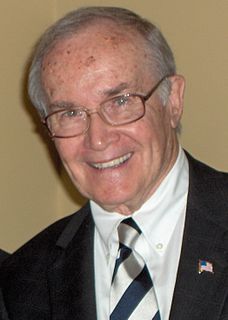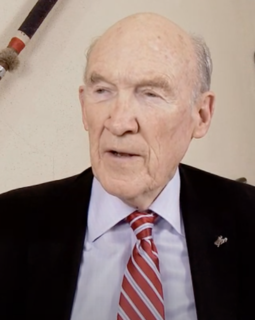A Quote by Karl Marx
By the aristocracy of finance must here be understood not merely the great loan promoters and speculators in public funds, in regard to whom it is immediately obvious that their interests coincide with the interests of the state power. All modern finance, the whole of the banking business, is interwoven in the closest fashion with public credit.
Related Quotes
Since there is no such entity as 'the public,' since the public is merely a number of individuals, the idea that 'the public interest' supersedes private interests and rights can have but one meaning: that the interests and rights of some individuals take precedence over the interests and rights of others.
The trouble is that privacy is at once essential to, and in tension with, both freedom and security. A cabinet minister who keeps his mistress in satin sheets at the French taxpayer's expense cannot justly object when the press exposes his misuse of public funds. Our freedom to scrutinise the conduct of public figures trumps that minister's claim to privacy. The question is: where and how do we draw the line between a genuine public interest and that which is merely what interests the public?
Our government, National and State, must be freed from the sinister influence or control of special interests. Exactly as the special interests of cotton and slavery threatened our political integrity before the Civil War, so now the great special business interests too often control and corrupt the men and methods of government for their own profit. We must drive the special interests out of politics.
The tendency of a national bank is to increase public and private credit. The former gives power to the state, for the protection of its rights and interests: and the latter facilitates and extends the operations of commerce among individuals. Industry is increased, commodities are multiplied, agriculture and manufacturers flourish: and herein consists the true wealth and prosperity of a state.
The vested interests-if we explain the situation by their influence-can only get the public to act as they wish by manipulating public opinion, by playing either upon the public's indifference, confusions, prejudices, pugnacities or fears. And the only way in which the power of the interests can be undermined and their maneuvers defeated is by bringing home to the public the danger of its indifference, the absurdity of its prejudices, or the hollowness of its fears; by showing that it is indifferent to danger where real danger exists; frightened by dangers which are nonexistent.
Last year I was on Pat Robertson's show, and we discussed our basic Christian faith - for instance, separation of church and state. It's contrary to my beliefs to try to exalt Christianity as having some sort of preferential status in the United States. That violates the Constitution. I'm not in favor of mandatory prayer in school or of using public funds to finance religious education.
Oswald Mosley`s movement, it was a big movement. It was obviously anti-immigrant, anti-Semitic, it was populist. Mosley wanted to replace the parliamentary system of government in Britain with a government that was based on business interests, that was based on the idea that business interests were the real interests of that country and business interests.
and reorganizing the government to serve business interests, that would be a way to get stuff done faster and more efficiently.








































